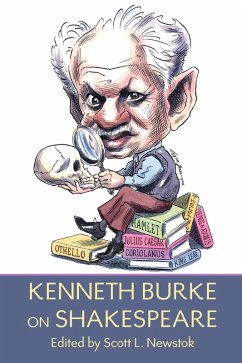
Figures of a Changing World (eBook, ePUB)
Versandkostenfrei!
Sofort per Download lieferbar
12,95 €
inkl. MwSt.
Weitere Ausgaben:

PAYBACK Punkte
6 °P sammeln!
Figures of a Changing World offers a dramatic new account of cultural change, an account based on the distinction between two familiar rhetorical figures, metonymy and metaphor. The book treats metonymy as the basic organizing trope of traditional culture and metaphor as the basic organizing trope of modern culture. On the one hand, metonymies present themselves as analogies that articulate or reaffirm preexisting states of affairs. They are guarantors of facticity, a term that can be translated or defined as fact-like-ness. On the other hand, metaphors challenge the similarity they claim to e...
Figures of a Changing World offers a dramatic new account of cultural change, an account based on the distinction between two familiar rhetorical figures, metonymy and metaphor. The book treats metonymy as the basic organizing trope of traditional culture and metaphor as the basic organizing trope of modern culture. On the one hand, metonymies present themselves as analogies that articulate or reaffirm preexisting states of affairs. They are guarantors of facticity, a term that can be translated or defined as fact-like-ness. On the other hand, metaphors challenge the similarity they claim to establish, in order to feature departures from preexisting states of affairs.On the basis of this distinction, the author argues that metaphor and metonymy can be used as instruments both for the large-scale interpretation of tensions in cultural change and for the micro-interpretation of tensions within particular texts. In addressing the functioning of the two terms, the author draws upon and critiques the work of Friedrich Nietzsche, Roman Jakobson, Christian Metz, Paul Ricoeur, Umberto Eco, Edmund Leach, and Paul de Man.
Dieser Download kann aus rechtlichen Gründen nur mit Rechnungsadresse in A, B, BG, CY, CZ, D, DK, EW, E, FIN, F, GR, HR, H, IRL, I, LT, L, LR, M, NL, PL, P, R, S, SLO, SK ausgeliefert werden.













